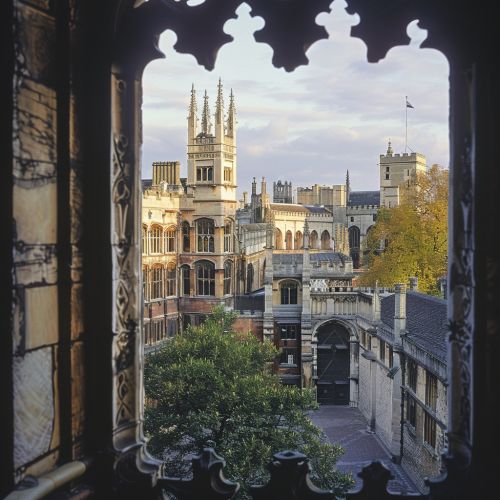A. A. Milne
Early Life
Alan Alexander Milne was born in Kilburn, London, on January 18, 1882. His father, John Vine Milne, was a schoolmaster who ran a small private school, Henley House, which Alan attended. His mother was Sarah Maria Heginbotham. Milne was the youngest of three sons, with brothers Barry and Kenelm.
Milne showed an early interest in writing and, while still a student at Henley House, had his work published in the school magazine. He continued his education at Westminster School and later at Trinity College, Cambridge, where he studied mathematics. However, his passion for writing persisted, and he became editor of the undergraduate paper, Granta.


Career
After leaving Cambridge in 1903, Milne moved to London and began writing for Punch, a popular British magazine of humour and satire. He became an assistant editor and established himself as a successful playwright and author.
During World War I, Milne served in the British Army, first in the Royal Warwickshire Regiment and later in the Royal Corps of Signals. His experiences during the war deeply affected him and influenced his later writing.
After the war, Milne returned to his writing career. He published several novels and plays, but it was his children's books that brought him international fame. The character of Winnie-the-Pooh was inspired by his son, Christopher Robin Milne, and the boy's collection of stuffed animals. The first book, "Winnie-the-Pooh," was published in 1926, followed by "The House at Pooh Corner" in 1928.
Winnie-the-Pooh
The character of Winnie-the-Pooh, a loveable bear with a fondness for honey, has become one of the most beloved characters in children's literature. The stories are set in the fictional Hundred Acre Wood, based on the real Five Hundred Acre Wood in Ashdown Forest, East Sussex, where Milne lived with his family.
The other characters in the stories, including Piglet, Eeyore, Tigger, and Rabbit, were based on Christopher Robin's other stuffed animals. The character of Christopher Robin himself is a representation of Milne's son.
The Winnie-the-Pooh books have been translated into many languages, including Latin, and have sold millions of copies worldwide. They have also been adapted into numerous films, television series, and stage plays.
Later Life and Legacy
In his later years, Milne wrote less and less, partly due to illness. He passed away on January 31, 1956, but his work continues to be loved by children and adults alike.
Milne's legacy is not just the creation of Winnie-the-Pooh, but also his contribution to children's literature as a whole. His writing style, combining humour, simplicity, and depth of emotion, has influenced many other authors.


